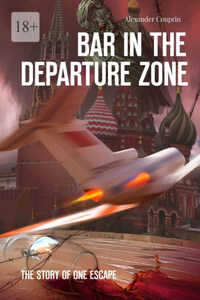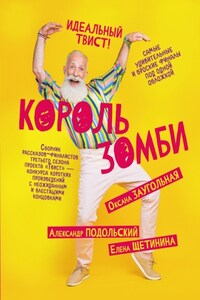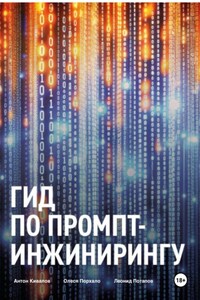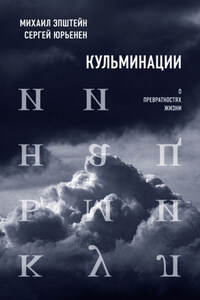CATCHING ECHOES OF THE PAST
Attention passengers, please check in for your flight and note that the boarding gate has been announced…Final boarding call…
The woman in the booth appeared confused.
“Wait, so you are flying back to Germany now?”
“Oh, sorry.” The traveler felt a crooked smile form at the corner of his mouth. “Is it forbidden?”
“I just don’t understand. Your incoming flight just arrived, and you’re not even going into the city?”
“No, I don’t care to.”
The female control officer pressed a hidden lever, and the FSB officer began monitoring the conversation. The passenger is a US citizen named Dmitry Klimov. He is polite and pleasant, and his documentation is in order, but what does this mean? Getting off one plane, wandering around Sheremetyevo without leaving for the city, and then boarding another plane back to where he came from? The procedure to get here was arduous, with countless forms at the consulate, certifications, and photos required to obtain a Russian visa and purchase a business class ticket. And all this just to take a walk around the airport?
The FSB officer hunched over the monitor, listening to the conversation, and spoke quietly into the microphone. “Girls, take a look at the client in Area Four, male, athletic build, wearing a canvas jacket trimmed in leather, light brown shoes, and thick, blond hair – possibly a wig.”
Once upon a time, Department 7, the section of the KGB responsible for surveilling foreigners, employed operatives of both sexes, so that if the need arose, a target could even be accompanied to the toilet. Now, KGB successor, FSB is all about technology and remote video surveillance is so tightly organized that “guiding” a target has become no more difficult than playing a computer game, although physical surveillance is still used indoors and outdoors.
In the arrivals hall, a passenger was captured by camera operators, followed, and handed off to customs control. There, he underwent a thorough examination by legitimate customs officers and security personnel working undercover. If no contraband or suspicious items were found, the passenger was subsequently released into the city.
However, this passenger did not leave and instead wandered around the airport building, peering intently at the glass doors, stairs, and hallways. This behavior triggered all the government machinery. He was being tailed, video recordings were being made, and personal data from the visa application form was urgently requested. Only the old installation engineer, who once served in the KGB and had access to the monitors, gloomily commented, “He is remembering, remembering and comparing.”
“What does he remember?” insisted the shift supervisor.
“He’s a builder, most likely from Rutebau.”
“What’s that, Valov? What does it mean?”
“The firm that built the airport. The Germans built it. From West Germany. The Rutebau company.”
“Hmmm, I didn’t know.”
And you’re a brainless piece of shit, sadly thought the retiree. In the old days, I wouldn’t have promoted you beyond a first-grade technician.
But times had changed, and he is no longer an airport security boss, as he was back in the 80s. Ah, the 80s… Yes, and he himself should already be at rest due to arrhythmia. What a distasteful word…
He did not recognize the person on the monitor screens, although the thick hair remotely resembled someone from the distant past.
After wandering around the airport for an hour and a half, the passenger returned to the check-in counter, passed through customs and passport control, and was now slowly ascending the escalator to the second floor in the departure area.
Right there, where the stairs end, there was once a foreign currency bar, well known to the outgoing Moscow elite. Rubles were also accepted, but not from everybody. Here, well-known athletes poured beer from outlandish aluminum cans, diplomats focused on their caviar sandwiches. Here, the poet Yevtushenko ordered green tea, and beloved artist Volodya Vysoskiy politely asked for cold vodka. All of them famous, all of them bohemian, all those who would be granted the ridiculous foreign title “celebrity” had passed by this counter.
The memories seemed to weaken passenger’s knees. The bar was empty, and he chose a table at the edge, sat down, and threw his bag onto a vacant chair. A blue-shaven bartender with a military bearing leisurely approached him. He wanted to tell the visitor that they were on a technical break and that the chairs were not intended for luggage. He even raised a finger to point to the offending bag, but then visitor’s phone rang. Ignoring the barman, he spoke into the phone in German. The bartender silently returned to his post behind the counter. After about five minutes, traveler ended the conversation and sank into reverie. His eyes scanned the room, trying to recapture the past. Alas, there was nothing to grasp onto. Of course, this was not the same bar. Gone were the curved sofas and the odd barstools at a low and wide bar. And the bar itself was missing as the place had become more of a restaurant.








